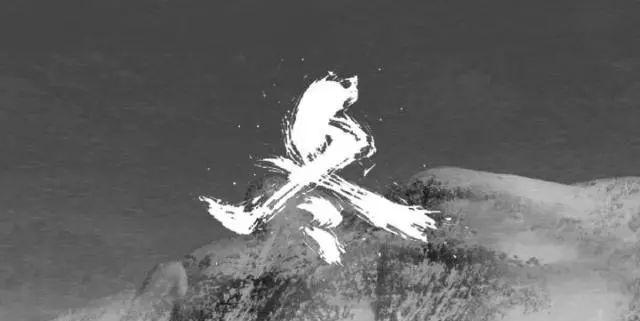Poetry hunting every day
Pay attention to the reading dogs
The winter solstice is one of the twenty-four solar terms, and in ancient times, the winter solstice was also one of the most important festivals of the year, and there is even a saying that "the winter solstice is as big as the year". On the ancient winter solstice, people would worship their ancestors and eat together as a family. Friends and family also visit each other and give gifts. Its importance is no less than that of the Spring Festival, so the winter solstice is also called "small year" in ancient times, which means that the New Year is coming!
The winter solstice is like an old year, and there is naturally no shortage of good works describing the winter solstice in ancient poems. The poet Saint Du Fu has written many winter solstice poems, such as "the winter solstice is long after the day, far away in Jiannan Si Luoyang", "the year to the day is long, suddenly poor and sad to kill people", "the clouds and things are not different from the country, teach the children and cover the cup in the palm of the hand" and so on. It can be seen that in the eyes of the ancients, the winter solstice can not return to the hometown reunion, which is a pity for a year.

Today to share with you is a winter solstice homesickness of the Tang poem, this poem is the poem Devil Bai Juyi composed, the language is plain, eloquent, but wrote a deep homesickness:
"
Handan Winter Solstice Night Home
Don Bai Juyi
Handan Yili every winter solstice,
Hold the knee lamp in front of the shadow.
I want to sit at home late at night,
It should also be said that there are distant pedestrians.
Bai Juyi's winter solstice poem has neither flowery words nor novelty and peculiarities in the language. It is completely colloquial and plain, but in the straightforward and simple, it expresses the homesickness that people have experienced but have not said.
The first two sentences of the poem are documentary narratives, writing that they are traveling outside, in the Handan Inn coinciding with the winter solstice festival, spending this festival alone, only "holding the knee lamp in front of the shadow to accompany the body", the sense of loneliness, overflowing with words, homesickness, seen outside the words.
The last two sentences write about the poet's imagination at this moment: Presumably, the parents and brothers in the family are reunited, sitting around the stove at night, talking about themselves as a long-distance person! Instead of writing about how homesick you are homesickness, but writing about the people in your family missing and talking about the absent distant people, the emotions of thinking about relatives in space are expanded, which is more sincere and moving. As Wang Wei said in "Remembering the Shandong Brothers on September 9th": "The brothers of Remote Knowledge ascend to a high place, and there is one less person planted everywhere"! The two poems have the same magic!
The winter solstice is like a new year, the family looks forward to reunion, and the poet eunuch travels outside, living in the inn. Accompanied by lonely shadows, it is quite desolate. But when I think of my family gathering around the stove and talking about me, a person who is absent from a long trip, although I am helpless, my heart will also surge with warmth! The language of the whole poem is shallow and plain, the conception is extremely clever, and although the sentences are bland, they contain a strong sense of homesickness, sincere and touching.
The winter solstice is cold, and reading this poem is heart-warming!